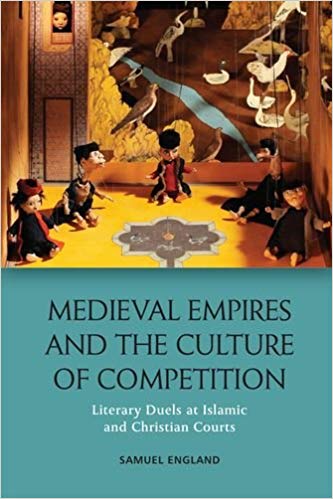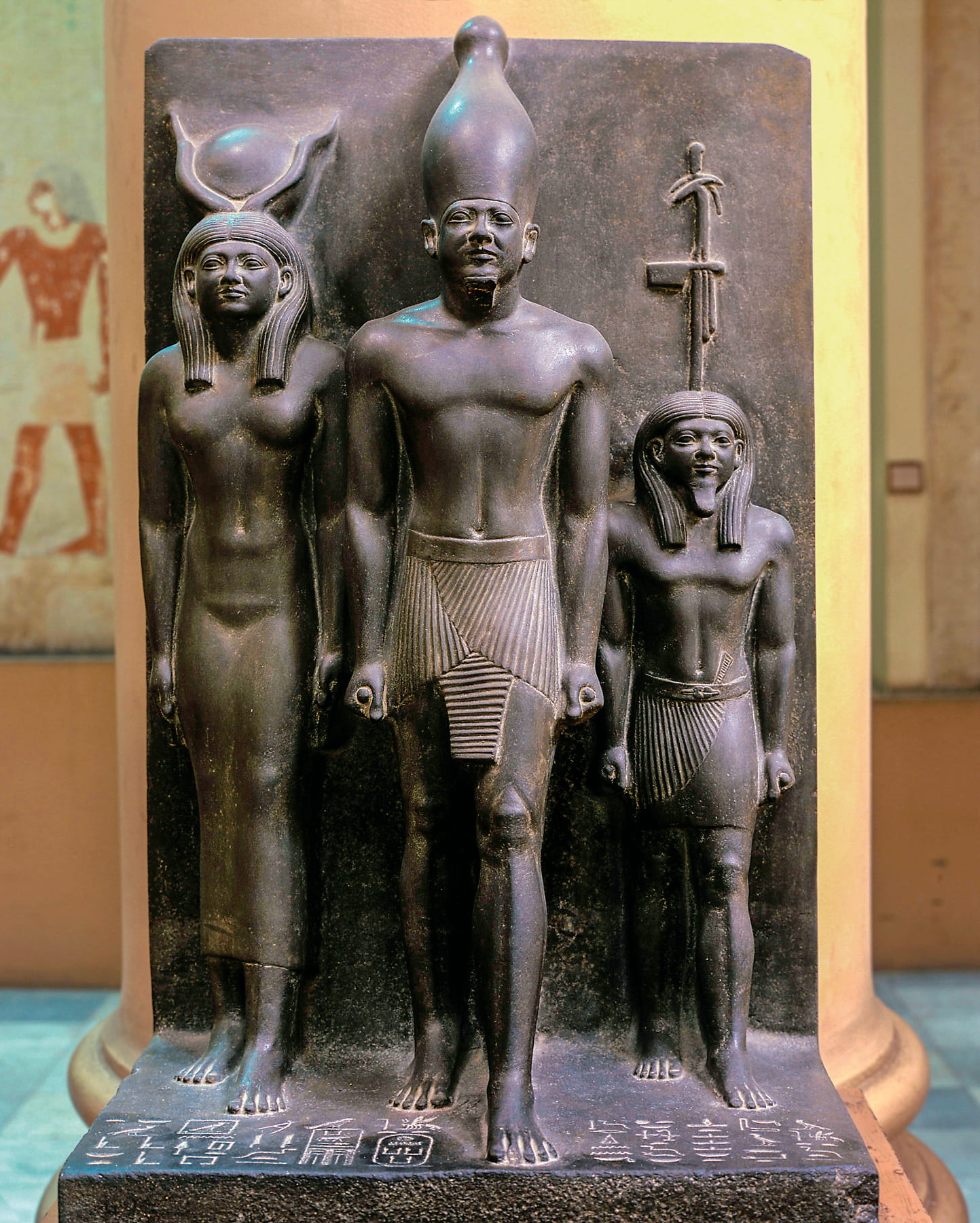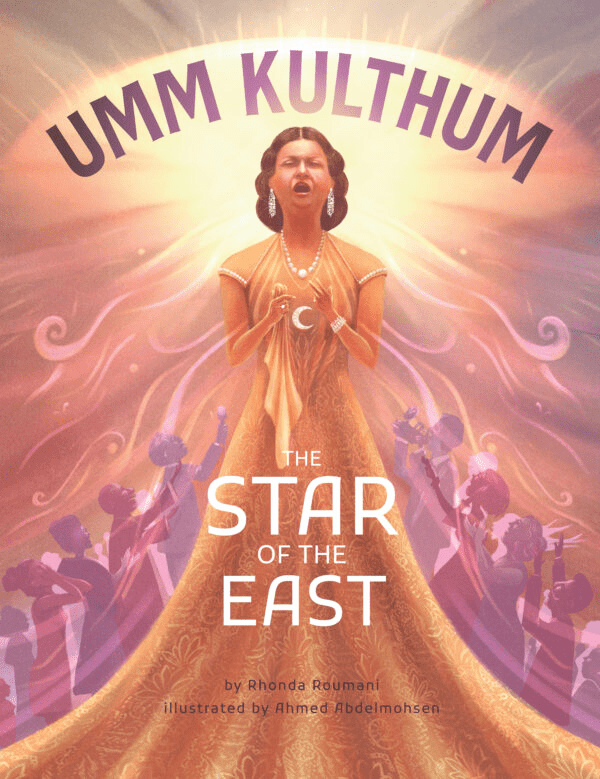
Medieval Empires and the Culture of Competition: Literary Duels at Islamic and Christian Courts
Robert W. Lebling
Samuel England
2017, Edinburgh UP, 978-1-47442-522-3, £75 hb.
In the West these days, poetry rarely has a political flavor. But in the Middle Ages, in both Europe and the Middle East, literary compositions often packed a powerful punch that influenced rulers and their administrators. This study explores the social and political impact of court literature, most of it poetry, in Islamic and Christian imperial leadership circles from about 950–1350. Writings of key individuals—poets, secretaries, even leaders themselves—played an important role in encouraging competition (and ultimately cohesion) in these courts at times of political or military upheaval. The author focuses on literary contests in later Abbasid Iraq under the Buyid Persian viziers, in the Levant under the legendary Kurdish sultan, Saladin, and in 13th-century Spain under King Alfonso X of Castile. He also examines the literary creation in Spain and Italy of a fictional Saladin who interacts with European knights and rulers, describing this imaginary character as a “defused threat” who provides a model of righteousness to inspire ethical conduct among European nobles and royals. Clearly Europeans found much to admire in the actual Saladin, who trounced the Crusader Kingdom of Jerusalem but showed great generosity and fairness to his enemies.
You may also be interested in...

The Legacy of Egyptologist George Reisner—Our Book Review
When George Reisner died in 1942, he did so surrounded by ghosts—not just the pharaohs he’d unearthed but the stacks of unpublished notes that entombed his legacy.
Children’s Book Documents Rise of Umm Kulthum, Egypt’s Star of the East, As Declaration of National Identity
Illustrator Rhonda Roumani presents an illustrative biography of legendary Egyptian singer and cultural icon Umm Kulthum.